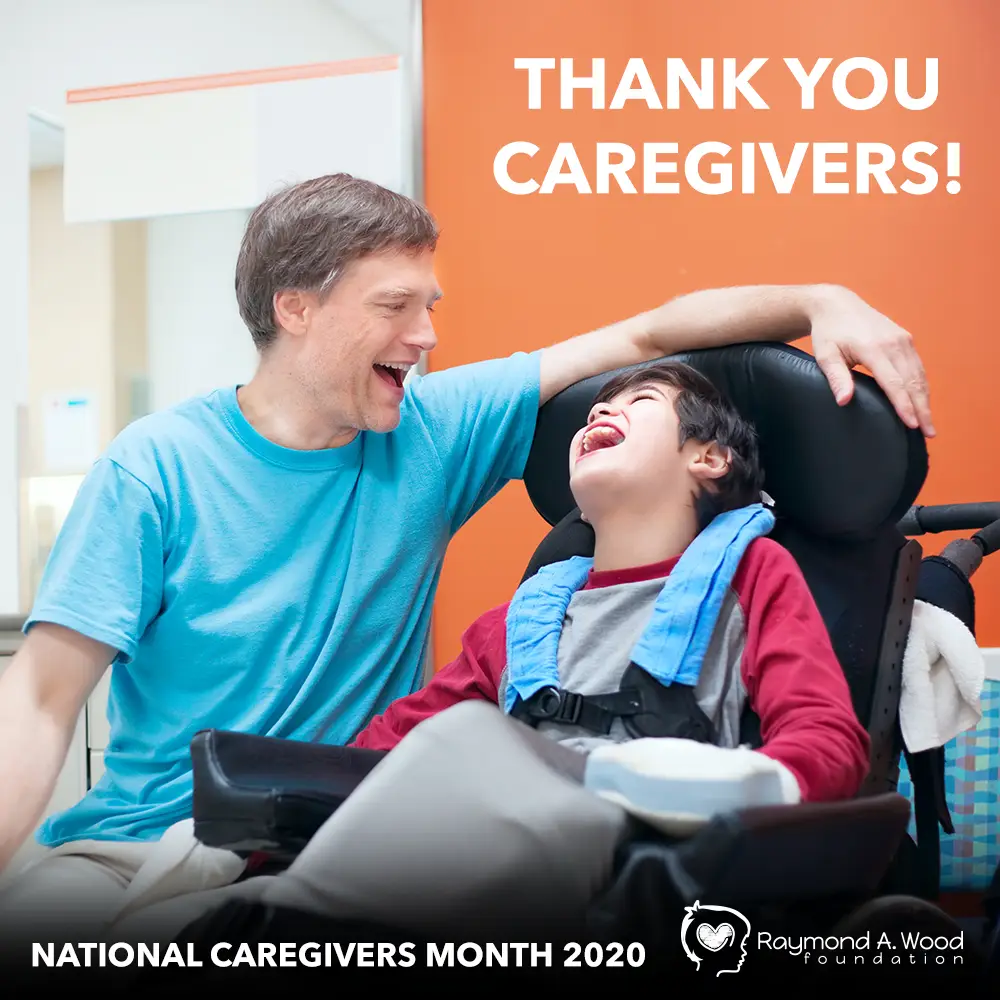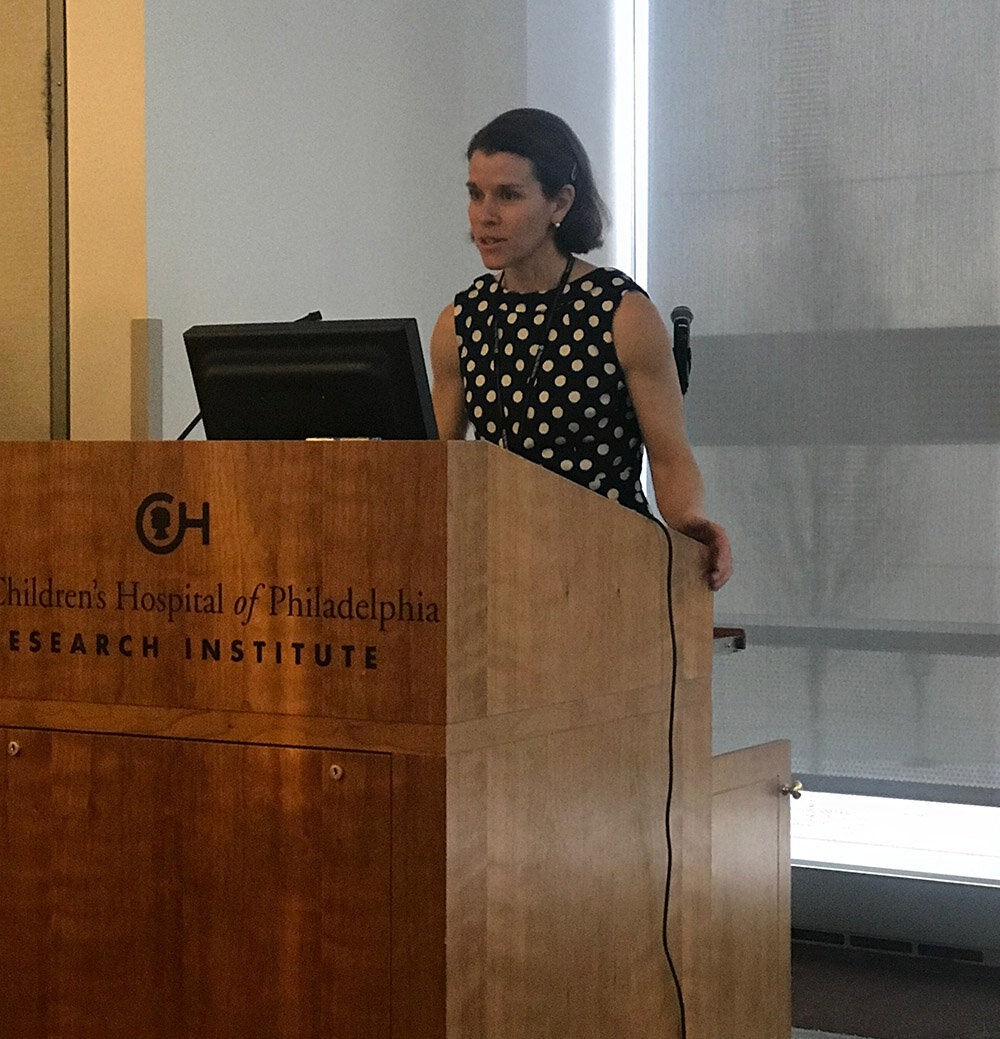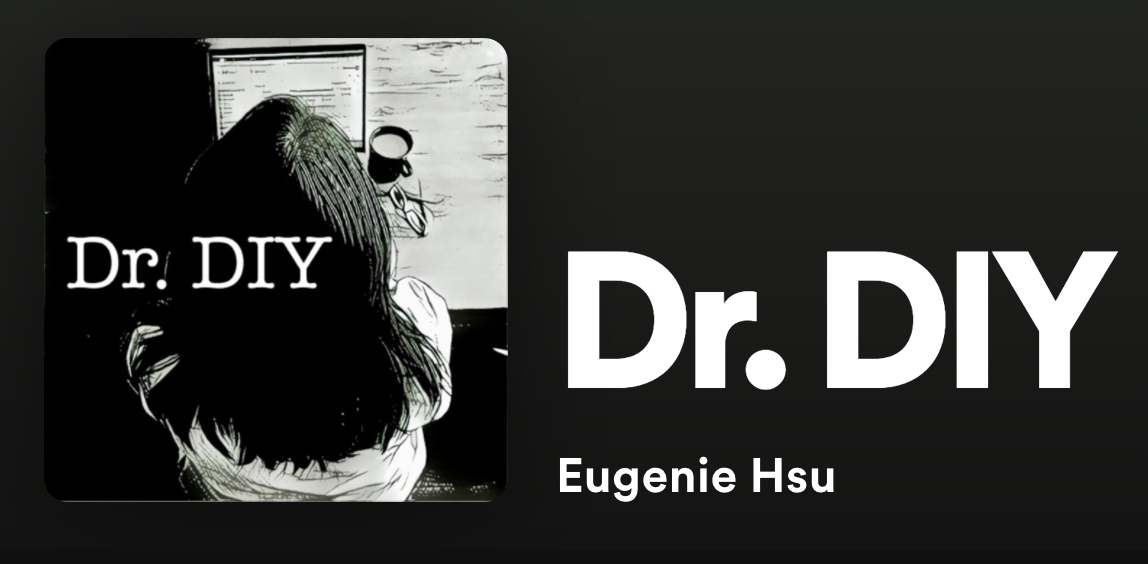Pituitary Brain Tumor Virtual Conference A Success
Last weekend, the Raymond A. Wood Foundation (RAWF), a brain tumor patient advocacy nonprofit organization, hosted the Pituitary Brain Tumor Virtual Conference in partnership with the Children’s Hospital of Philadelphia (CHOP). The event brought in an audience of brain tumor survivors and caregivers from around the globe.










